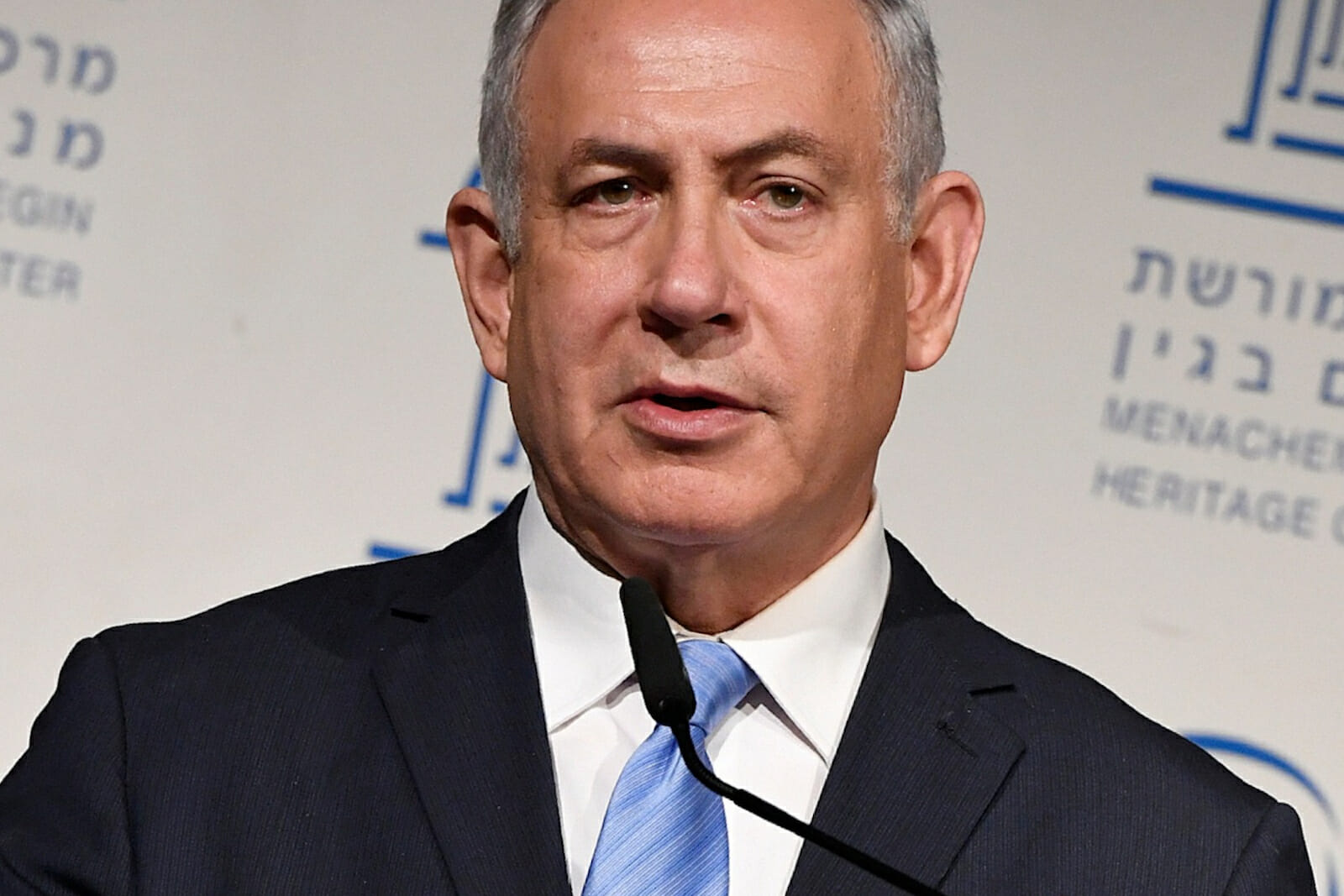
Is Gaza Paying the Price for the Iran Deal?
A series of lightning-quick political reactions in the Middle East have followed the recent Geneva talks concerning Iran. In a recent report by Ethnographic Edge, we find that Palestine seems to be the first to react, as Israel lashes out against the US and a deal it perceives as a “historical mistake.” The Gulf News reports that just two weeks after US pressure convinced Israel to cancel plans to initiate the biggest ever colony-building project, Tel Aviv announced on Sunday its decision to go ahead with the plan anyway and build 829 new colony homes in the West Bank.
Given Israel’s frustration with the outcome of the recent round of Iran nuclear talks, it appears that Palestine may present an alternative issue through which Israel can reassert its strategic initiative. In addition, the Iran deal has strained Israel-US relations to the point that it is becoming difficult for Washington to exert pressure on Israel on the Palestinian issue. Israel’s settlement expansion into Palestinian territory is a clear reflection of this.
In the meantime, last November 18, Palestine cast its first vote at the UN General Assembly. Palestine’s top diplomat at the UN described the vote as “a very, very special moment in the history in the struggle of the Palestinian people.”
This wary green sprout of Palestinian nationhood stood out against a backdrop of darkening Israeli-Palestinian relations. US-mediated Palestine-Israel peace negotiations, which resumed this summer after a five-year break, appear to be stalling once again.
The Jerusalem Post reports that the IDF is in the middle of a large-scale military exercise in and around Ashkelon, simulating a ground invasion of the Gaza Strip. The exercise, held by the Gaza Division, simulates a clash with Hamas in which the aim is to extinguish rocket fire against Israel as quickly as possible. Lt. Col. Roy Svirski, commander of the 74th Armored Battalion, told The Jerusalem Post on Tuesday that “the purpose is to ensure that a plan is prepared so that if necessary, on any given day, our brigade crews will be ready to act with maximum effectiveness.”
Prime Minister Benjamin Netanyahu believes that the nuclear deal endangers Israel’s security, and stressed that Tel Aviv cannot take any security risk with the Palestinians because of the renewed threat from Iran. The Palestinians, on the other hand, expressed hope on Sunday that the nuclear deal would prompt the international community to play a larger role in solving the Israeli-Palestinian conflict, the Jerusalem Post reports. The Geneva accord, they say, “is an important message to Israel to realize that peace is the only option in the Middle East.”
Hamas’ reaction to the Iran deal was mixed. Political analyst Mukhaimer Abu Saada told Al-Monitor, that “the long-term impact of the agreement will appear on the resistance movements,” and added, “I expect Iran to stop supporting Islamic Jihad, Hamas and Hezbollah, but not soon.” He said that Israel fears it will now have a harder time promoting its claims about Iran and terrorism.
Hamas, who had turned his back on its allies, Syria and Iran, to embrace the new Muslim Brotherhood-ruled Egypt, was left friendless after the fall of President Muhammad Morsi. The Economist explains that Hamas has been kept out of recent negotiations, occurring under America’s aegis, between Palestine and Israel. In addition, the cease-fire, agreed upon one year ago between Tel Aviv and the Islamists has proven to be effective. Missiles fired from Gaza decreased to 50 this year, down from 1,500 last year.
The Gaza strip is in the middle of a deep economic crisis. The United Nations is calling for urgent action to avert what they see as an imminent humanitarian catastrophe, as power shortages have disrupted health services, sent raw sewage flooding into the streets, and left roughly 1.7 million Palestinians in dire straits.
This current emergency started when Egypt shut down hundreds of tunnels used to smuggle goods between Gaza and the Sinai. Since the military took over last summer, about 90% of all tunnels, through which Gaza received fuel to power its economy, have been destroyed, leaving entire towns in darkness.
Raw sewage flooded streets in a southern Gaza City threatening a health disaster after a shortage of fuel from Egypt led the Hamas government to shut down Gaza’s only power plant, which caused a pump station to flood. The New York Times reported on November 21 that 13 sewage stations in the Gaza Strip have either overflowed or are close to overflowing, and 3.5 million cubic feet of raw sewage find their way to the Mediterranean Sea on a daily basis. “The sanitation department may soon no longer be able to pump drinking water to Gaza homes,” they reported.
A recent UN report, calling for urgent actions regarding this situation, states that “up to 40 percent of Gaza’s population receives water only once every three days.” The report notes that less than half of Gaza’s total power needs are being met and disruptions to specialized health services, such as kidney dialysis, operating theatres, blood banks, intensive care units, and incubators are putting the lives of vulnerable patients in Gaza at risk.
This kind of suffering can shock a community, even one like Gaza’s, arguably more accustomed to hardship than most. The situation is not helped by the fact that part of Israel’s ceasefire agreement with Hamas included plans to revive Gaza’s economy. As an enemy, Hamas is now both weak and furious – strategically, this can be considered a win. As a neighbor, Hamas is now desperate and has even less to lose than before – socially, this can be considered a recipe for more disaster down the line.

